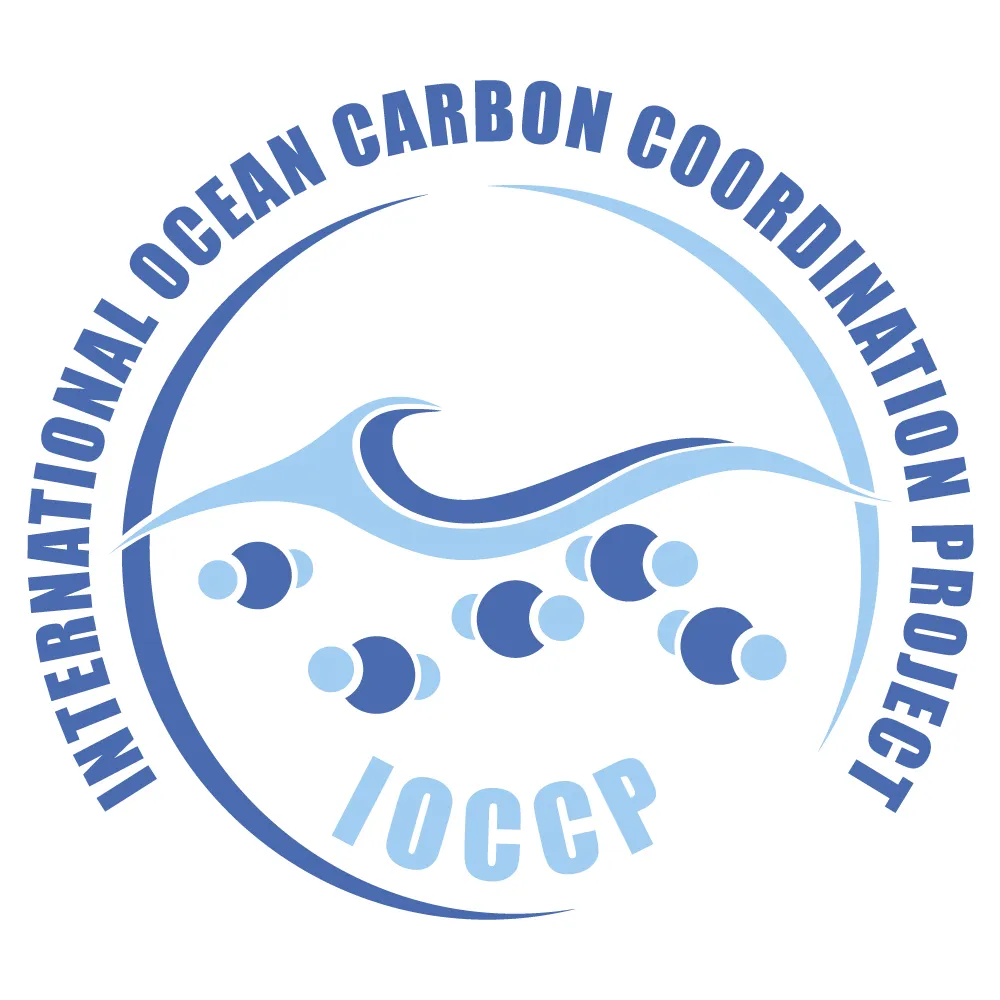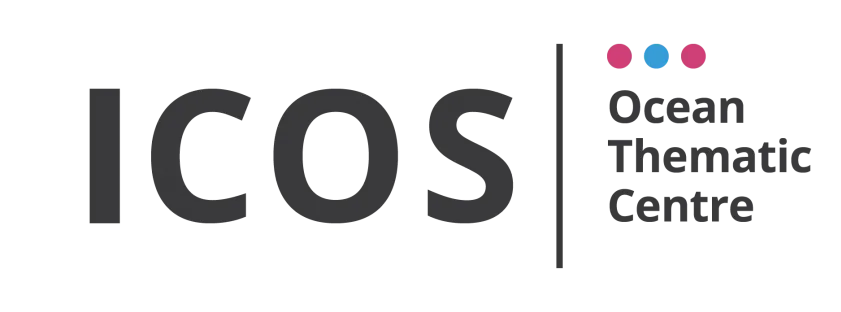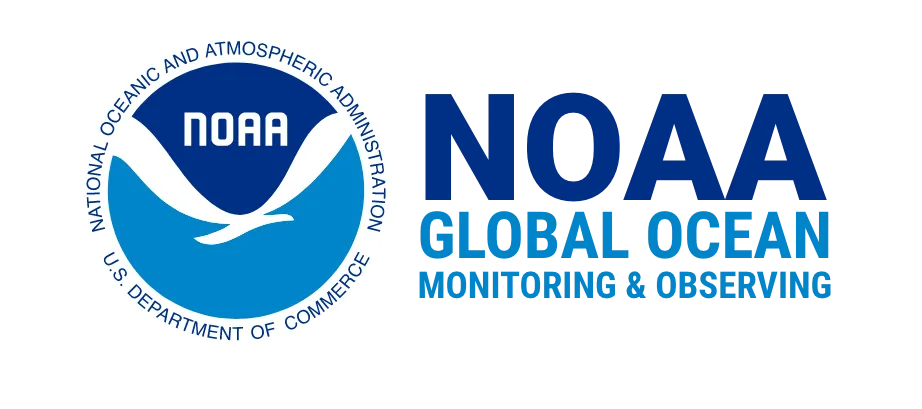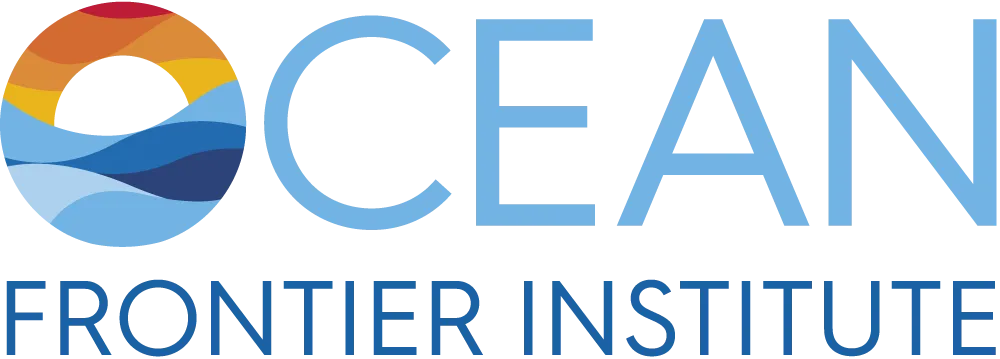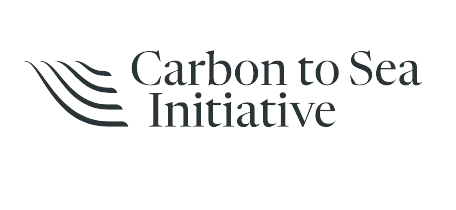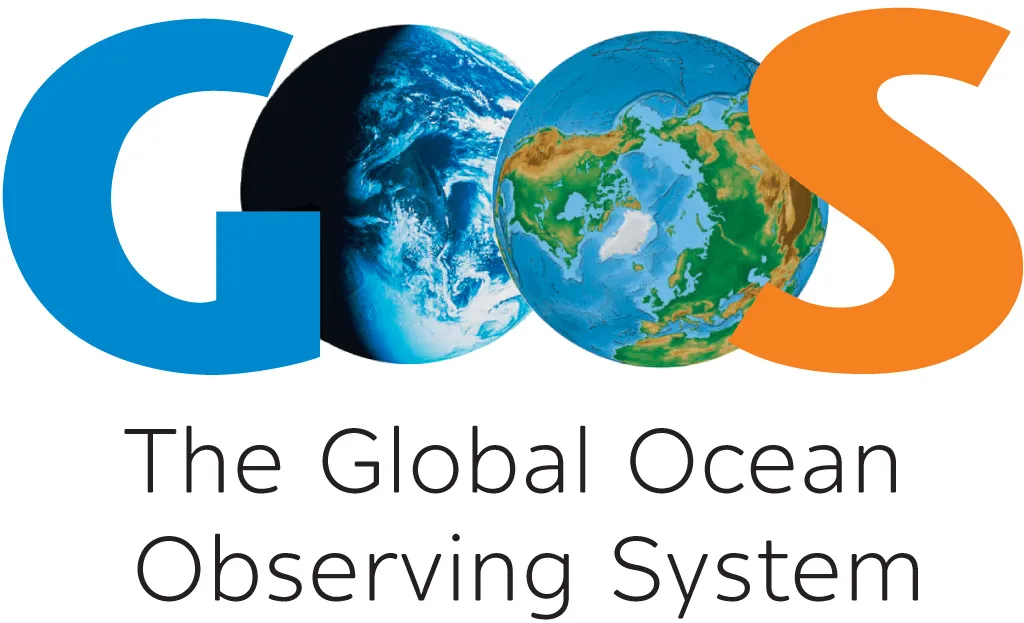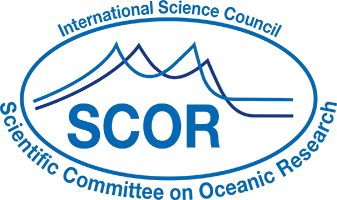The 3rd edition of the "Instrumenting our ocean for better observation: a training course on a suite of biogeochemical sensors" took place on June 5-17, 2023, and was hosted by Kristineberg Marine Research Station in Sweden.
The training course was attended by 28 very motivated early-career scientists from different parts of the world selected from one hundred applications. For almost two weeks 25 dedicated instructors affiliated with universities, research institutions, or sensor-producing companies, were conducting the lectures and workshops sharing their practical expertise. During the hands-on sessions, the attendees could practice sensor usage in marine environments.
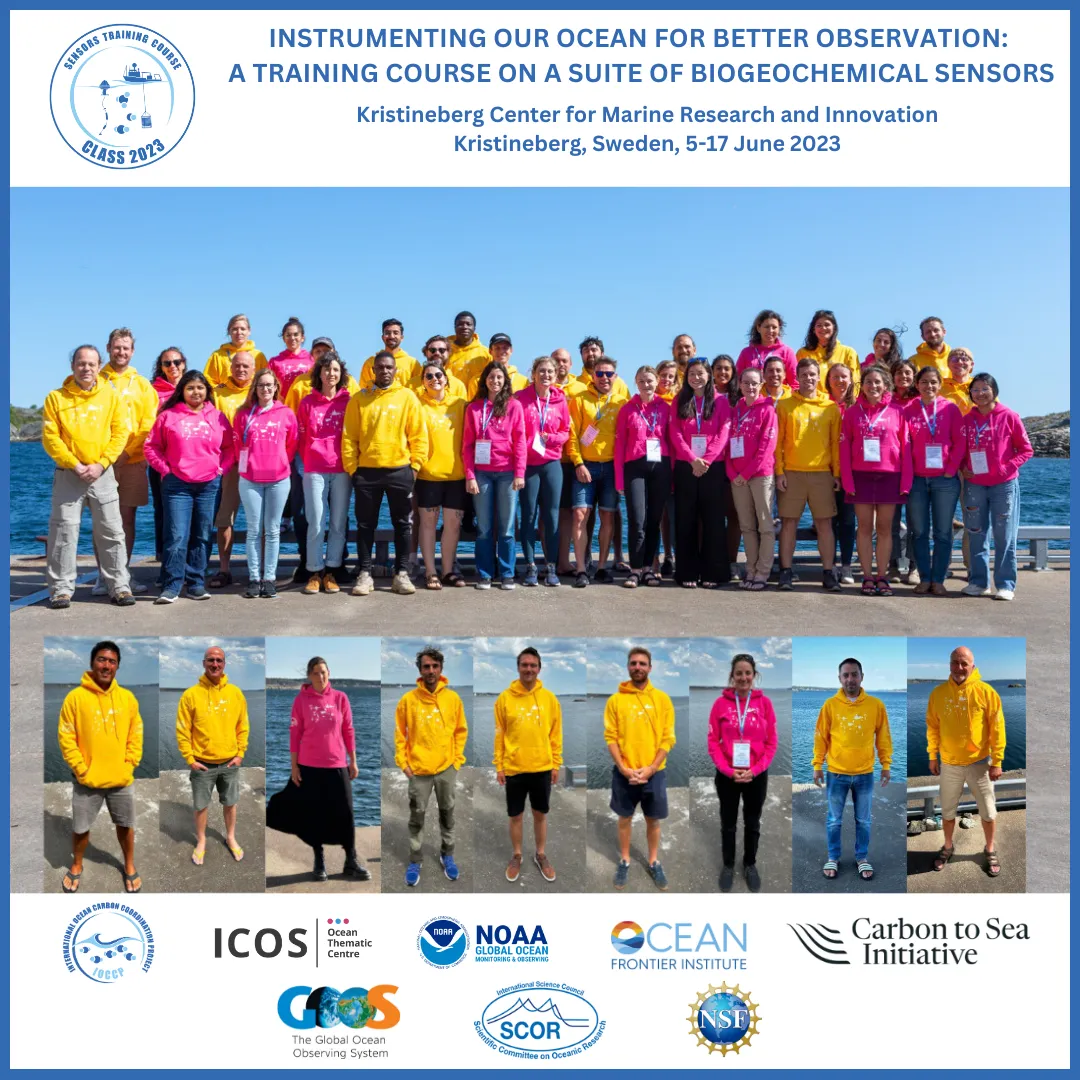
The course program and agenda aimed to teach the best practices for biogeochemical sensors, work on data reduction and data quality control practices for sensor data, present selected methods and tools for the development of secondary products, foster critical thinking regarding the design of an optimum sampling strategy dedicated to solving a specific problem, develop the ability to place specific observing activity in the wider context of local, regional and global ocean’s role in climate, operational services, and ocean health.
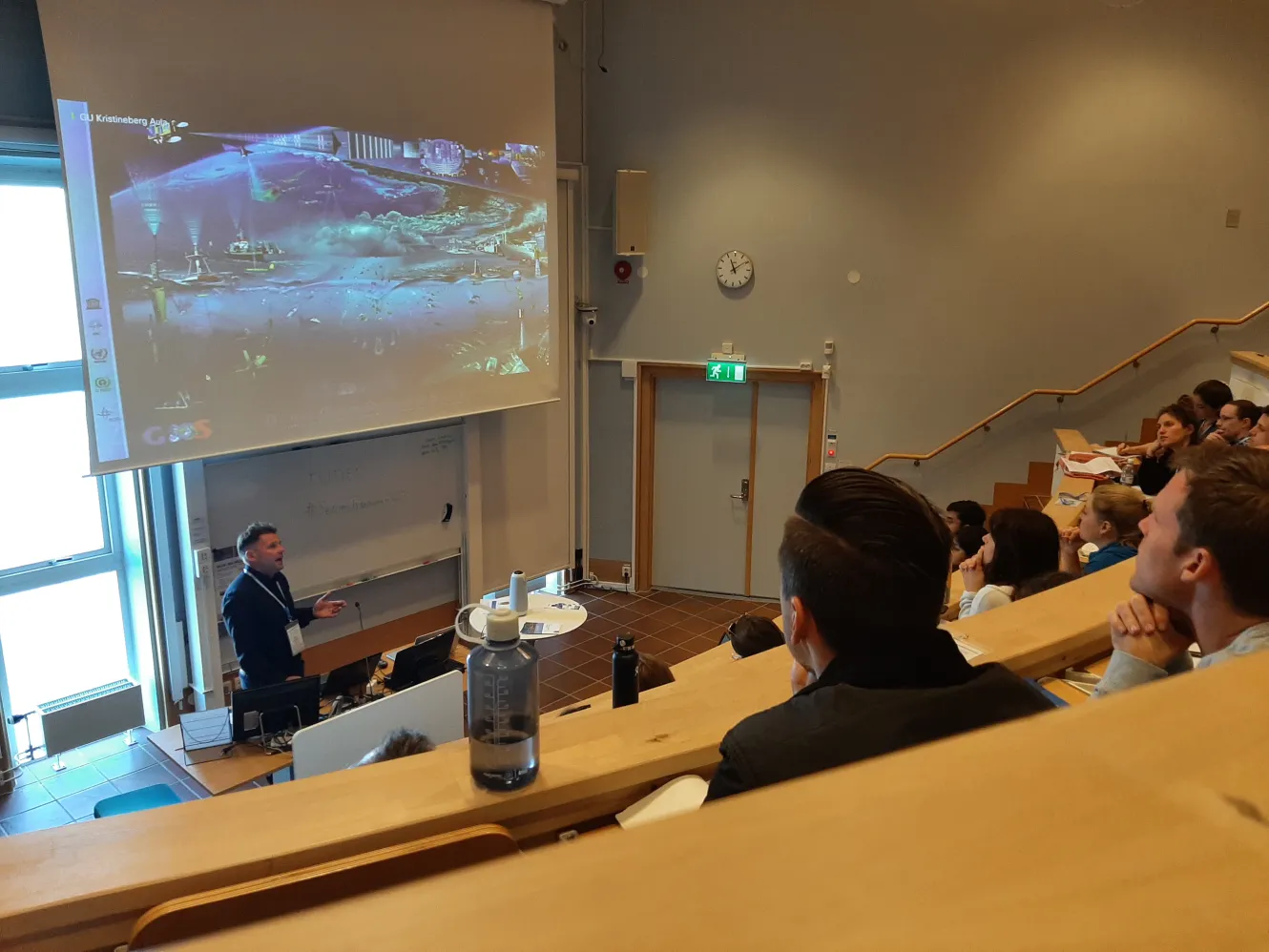

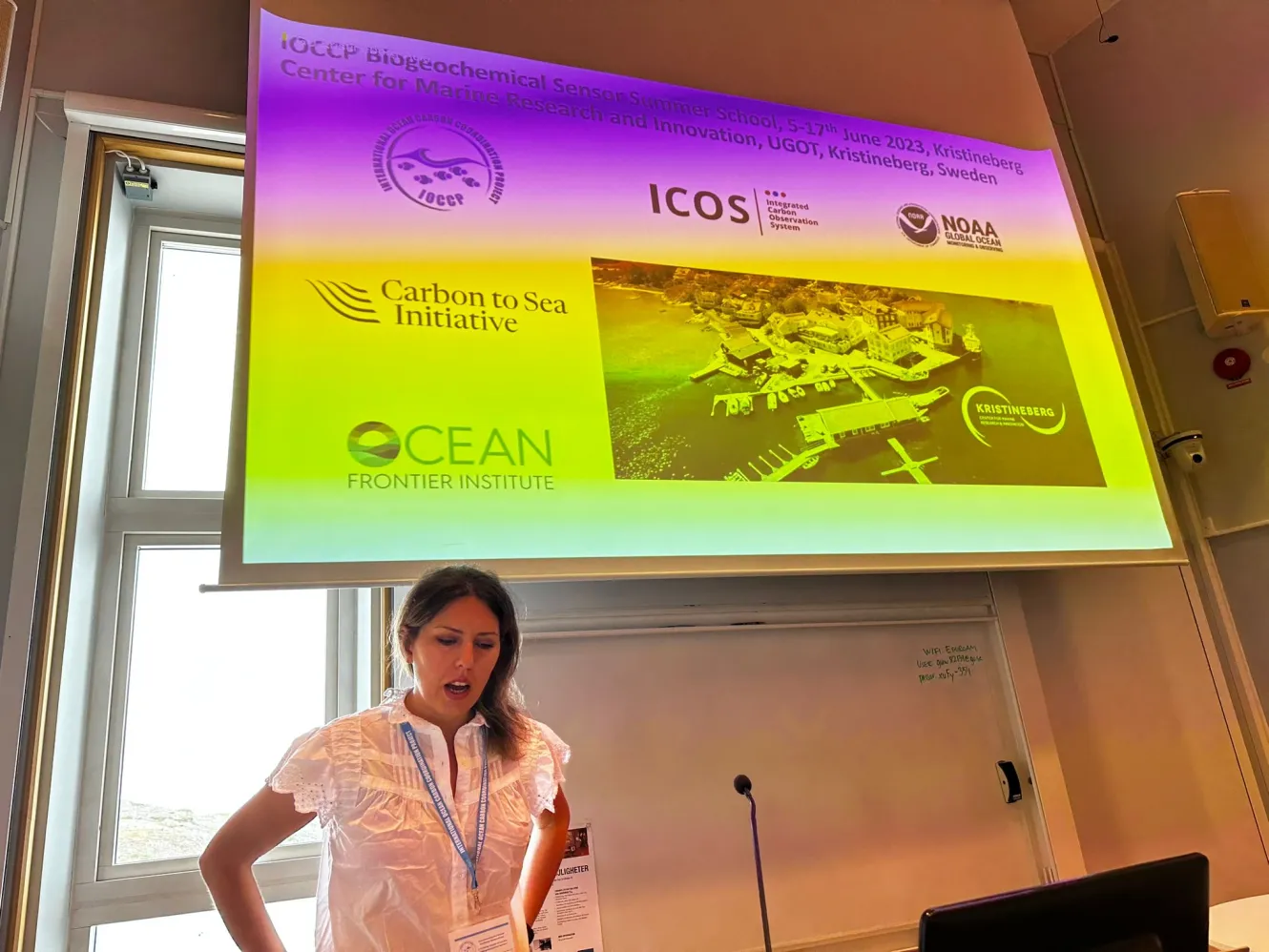
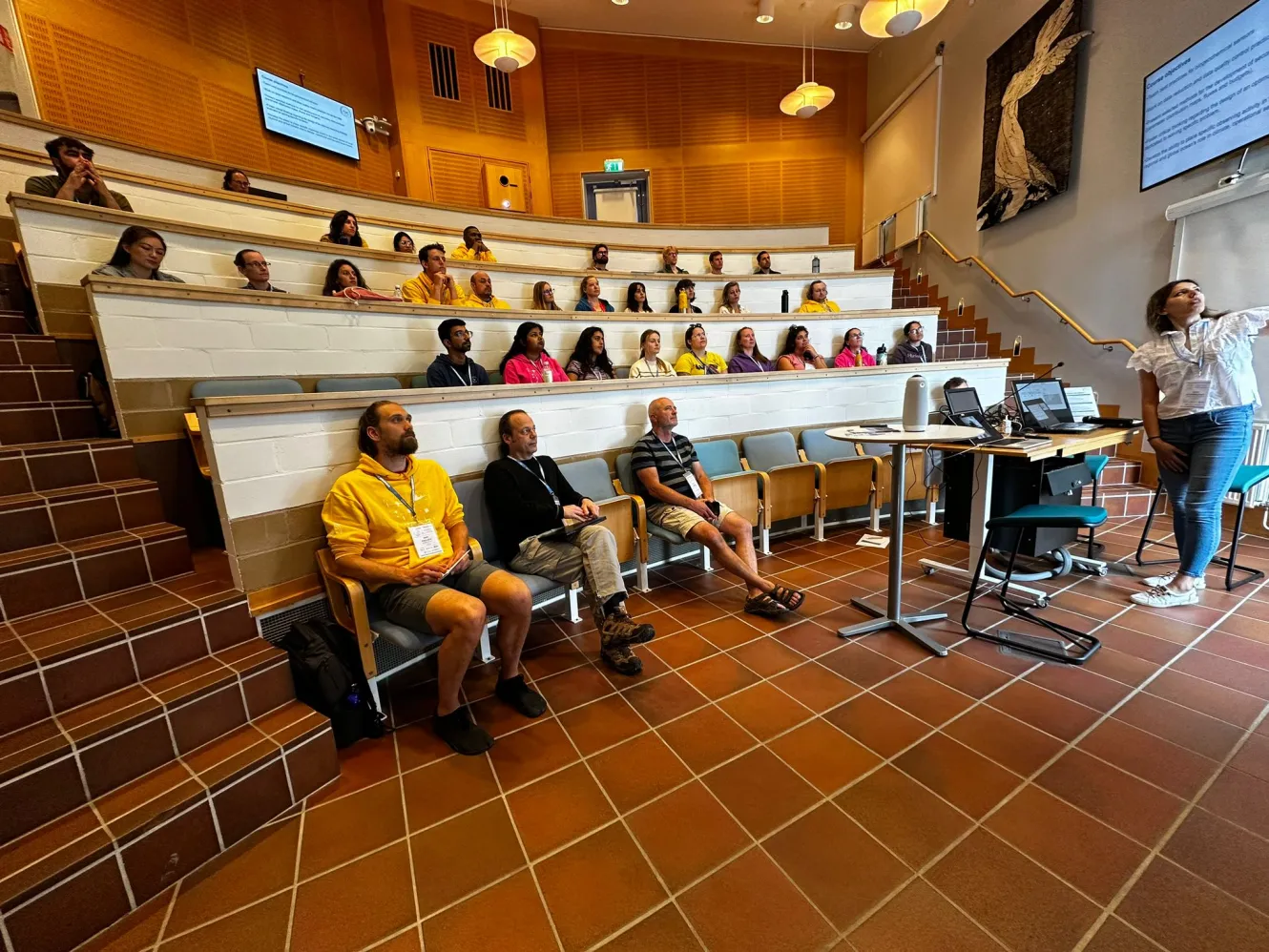
During the course, the attendees could focus on sensors related to five groups of parameters:
- Oxygen - with optode and electrochemical sensors,
- Particulate Organic Carbon - with e.g. fluorometer, backscatter, and radiometers,
- pH - with a range of sensors available: a) colorimetric reagent method, b) field effect transistor type sensor, and also c) benchtop surface application,
- pCO2 - with a range of sensors available: a) membrane-based sensors with NDIR, b) colorimetric, c) optodes, and d) underway General Oceanic system
- Nitrate - with spectrophotometric and colorimetric reagent method sensors

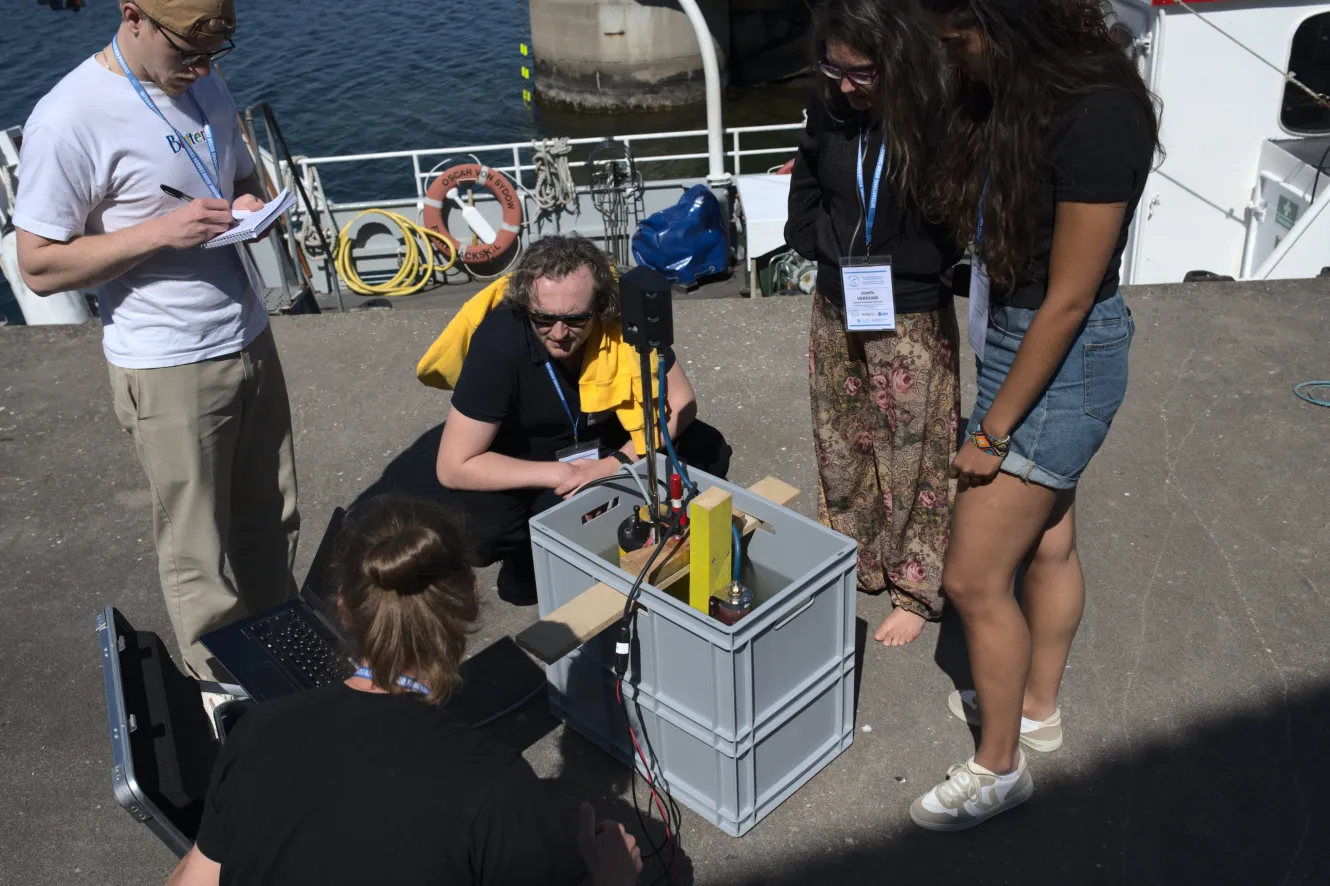
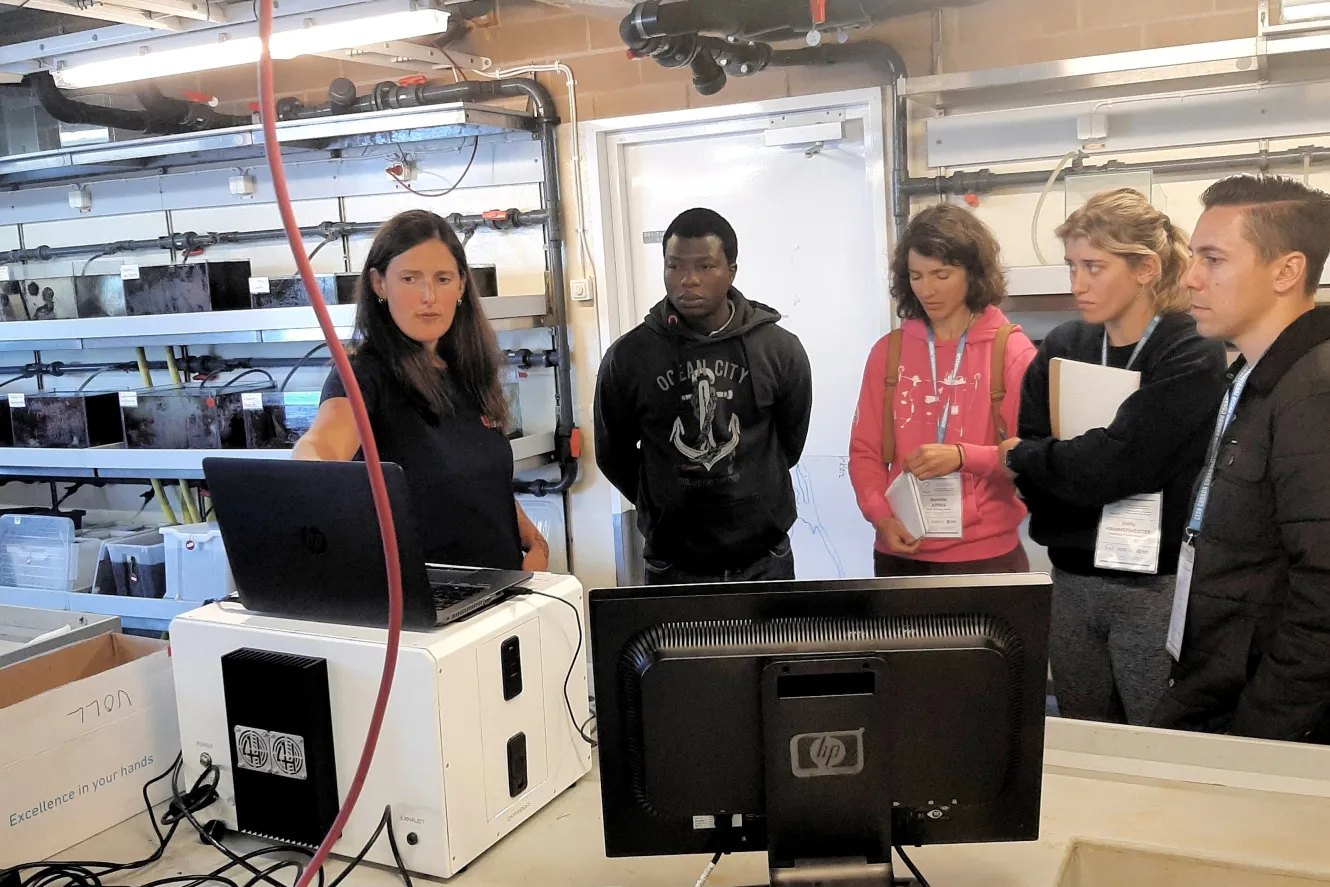
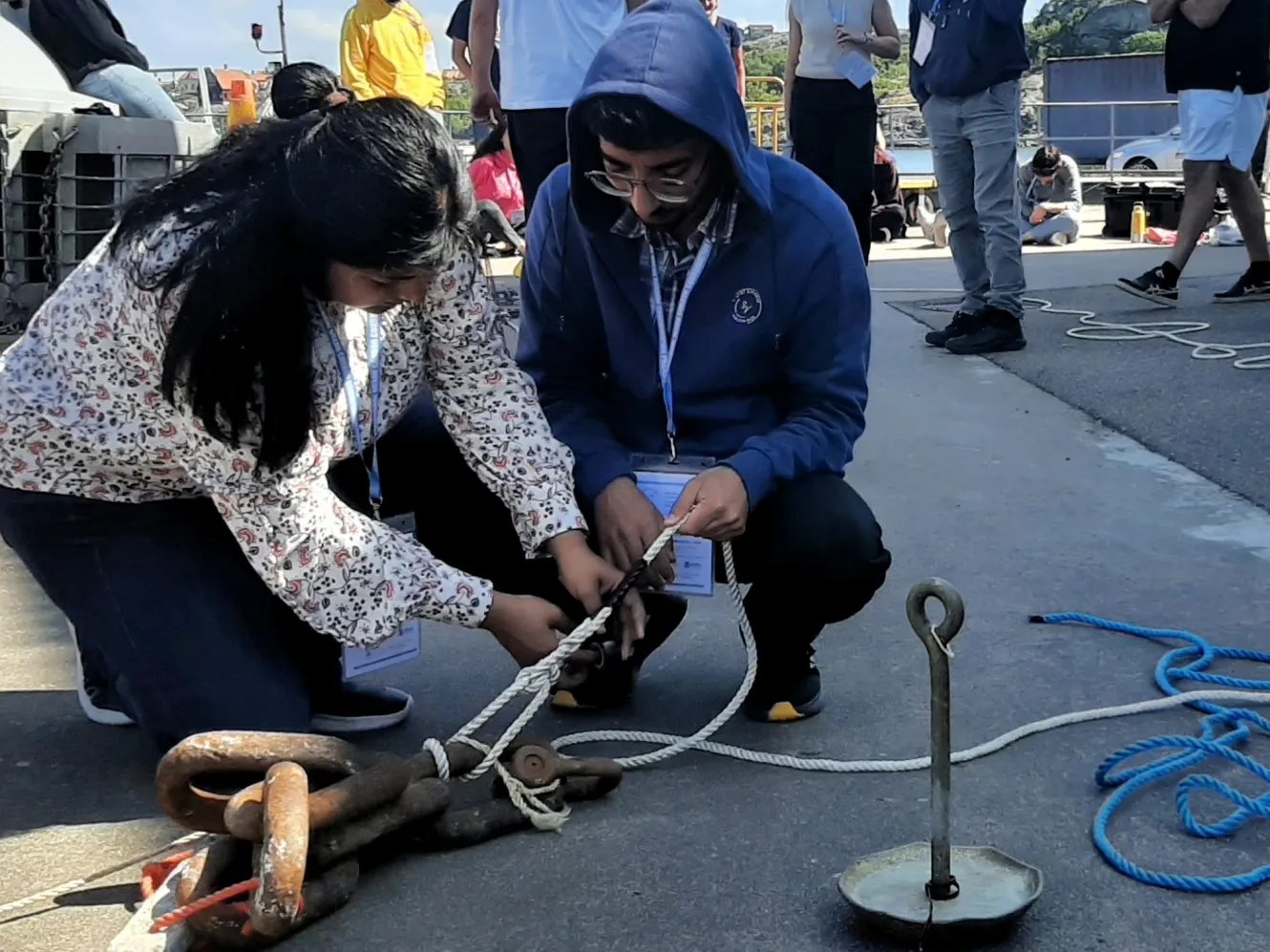
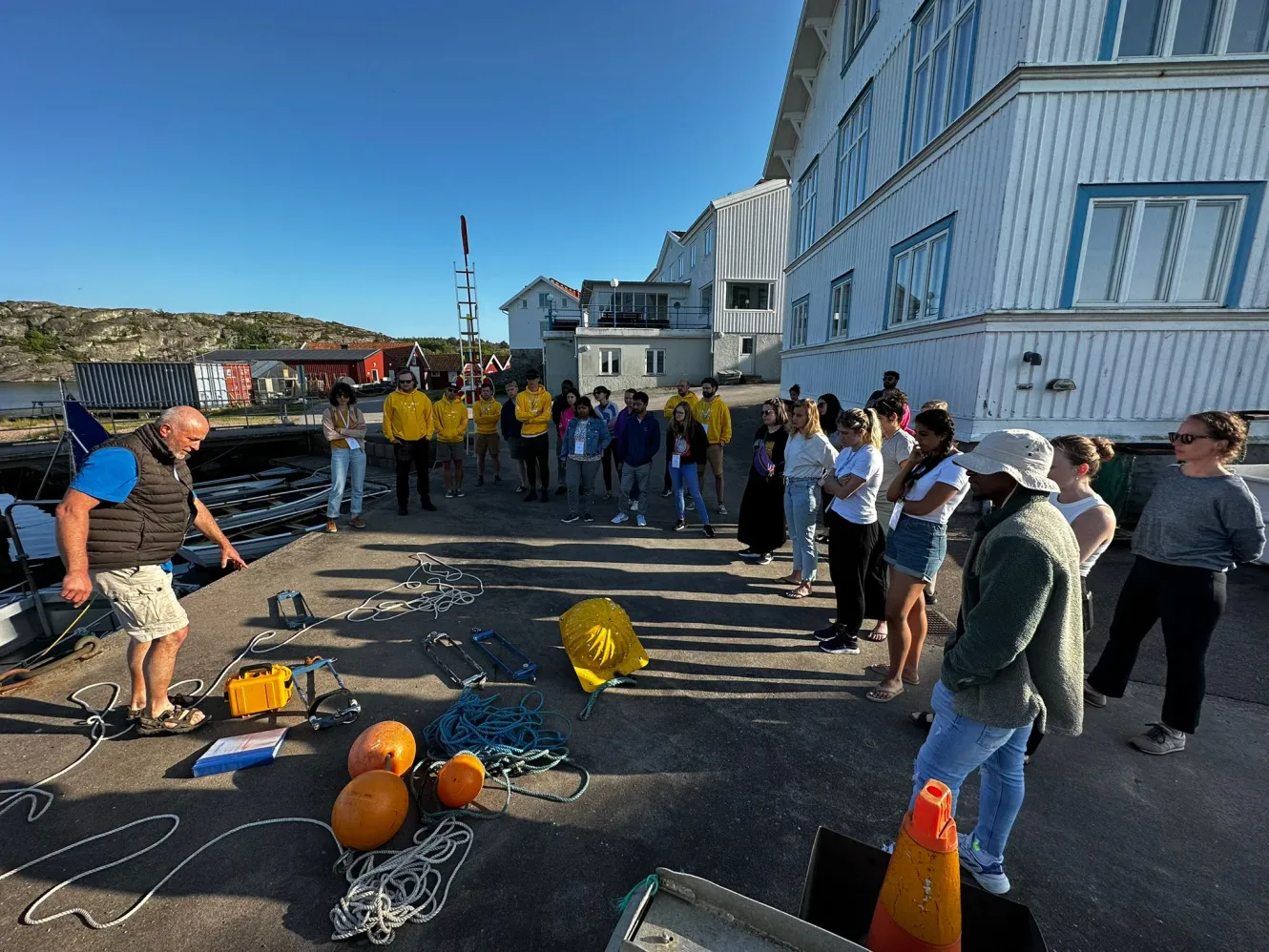
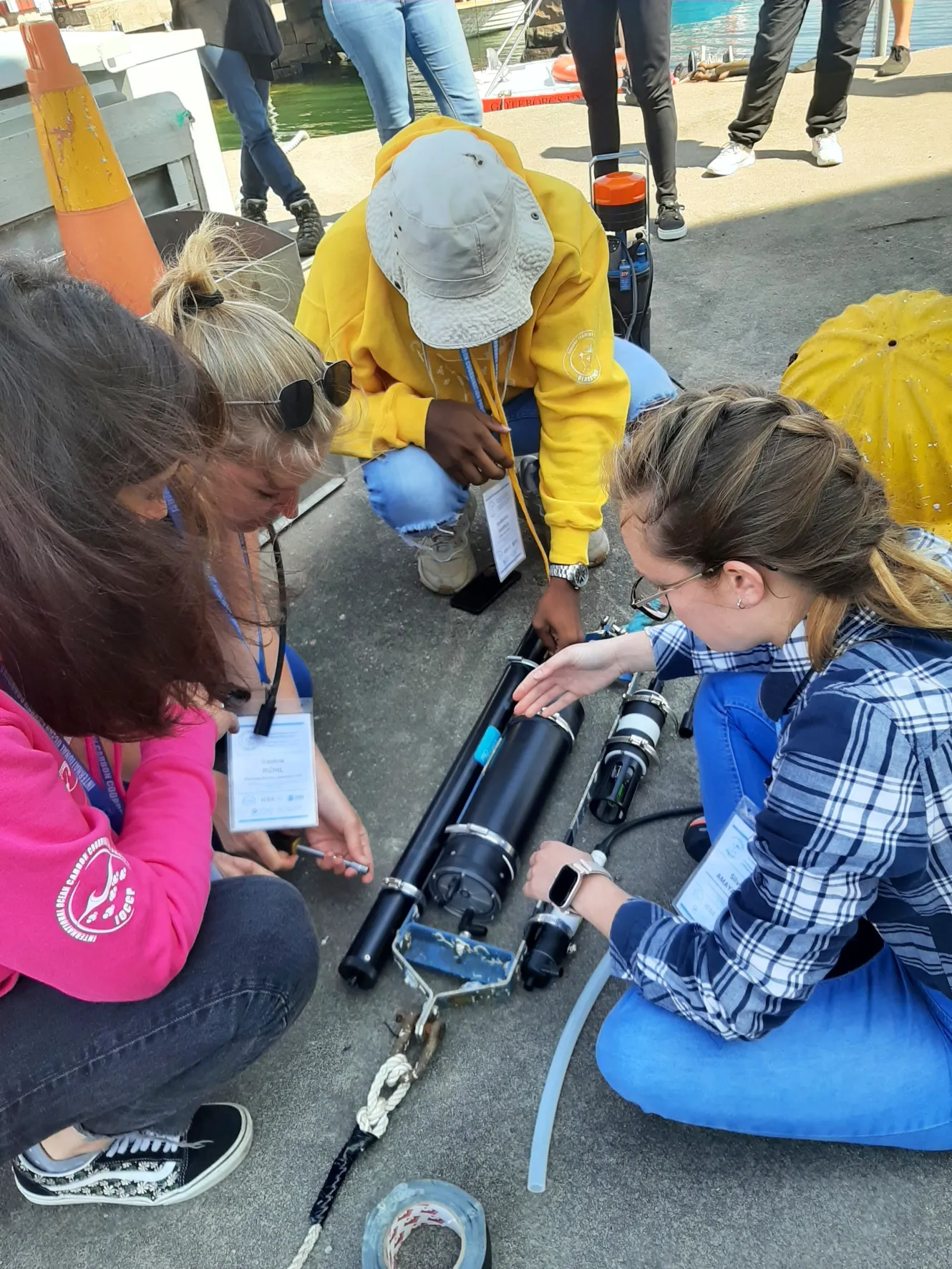
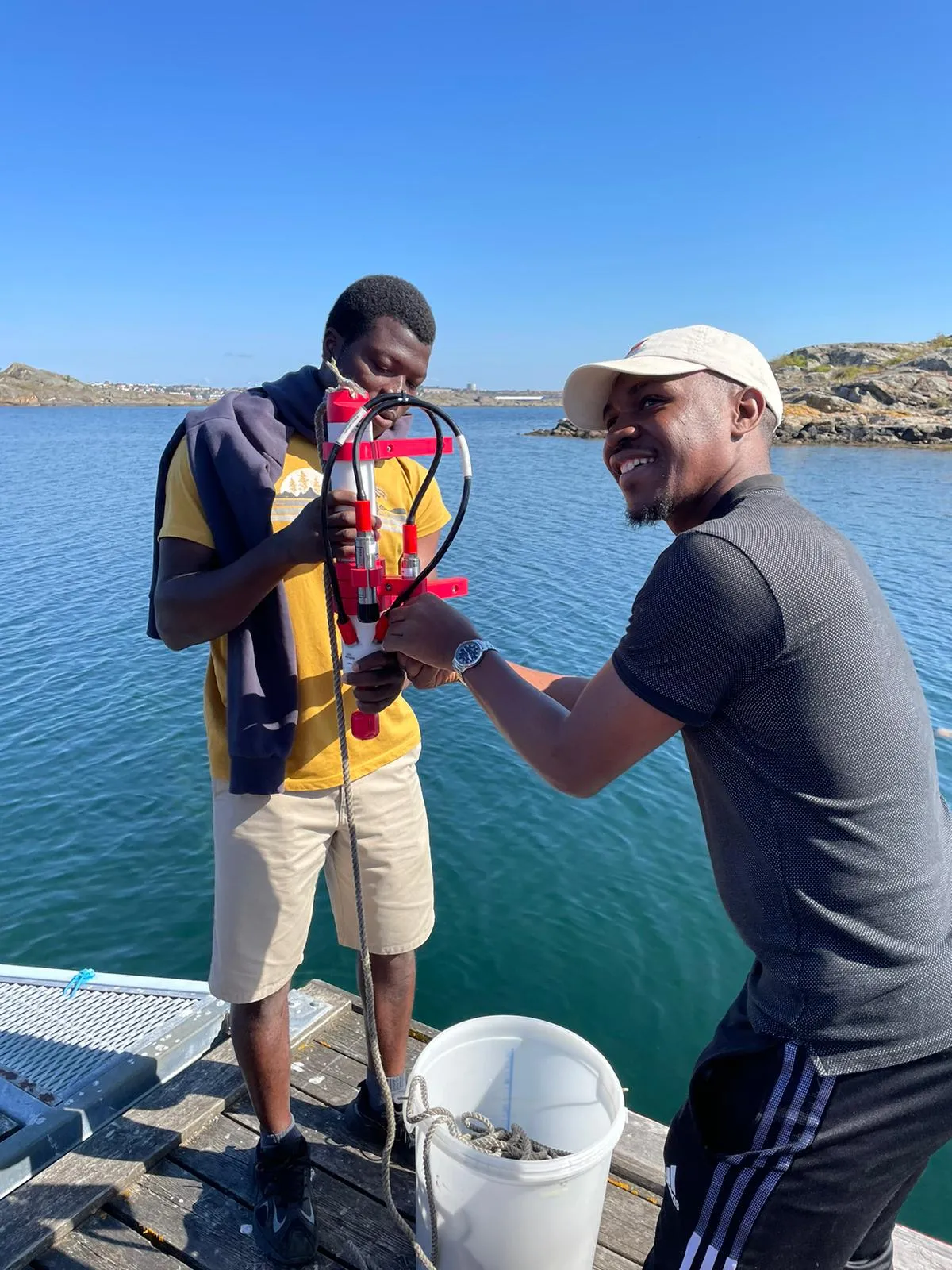
After hours spent on training and sharing knowledge, there was a time for relaxation and group integration. Kayaking around the island of Skaftö was a great adventure and a team-building exercise for some as well.
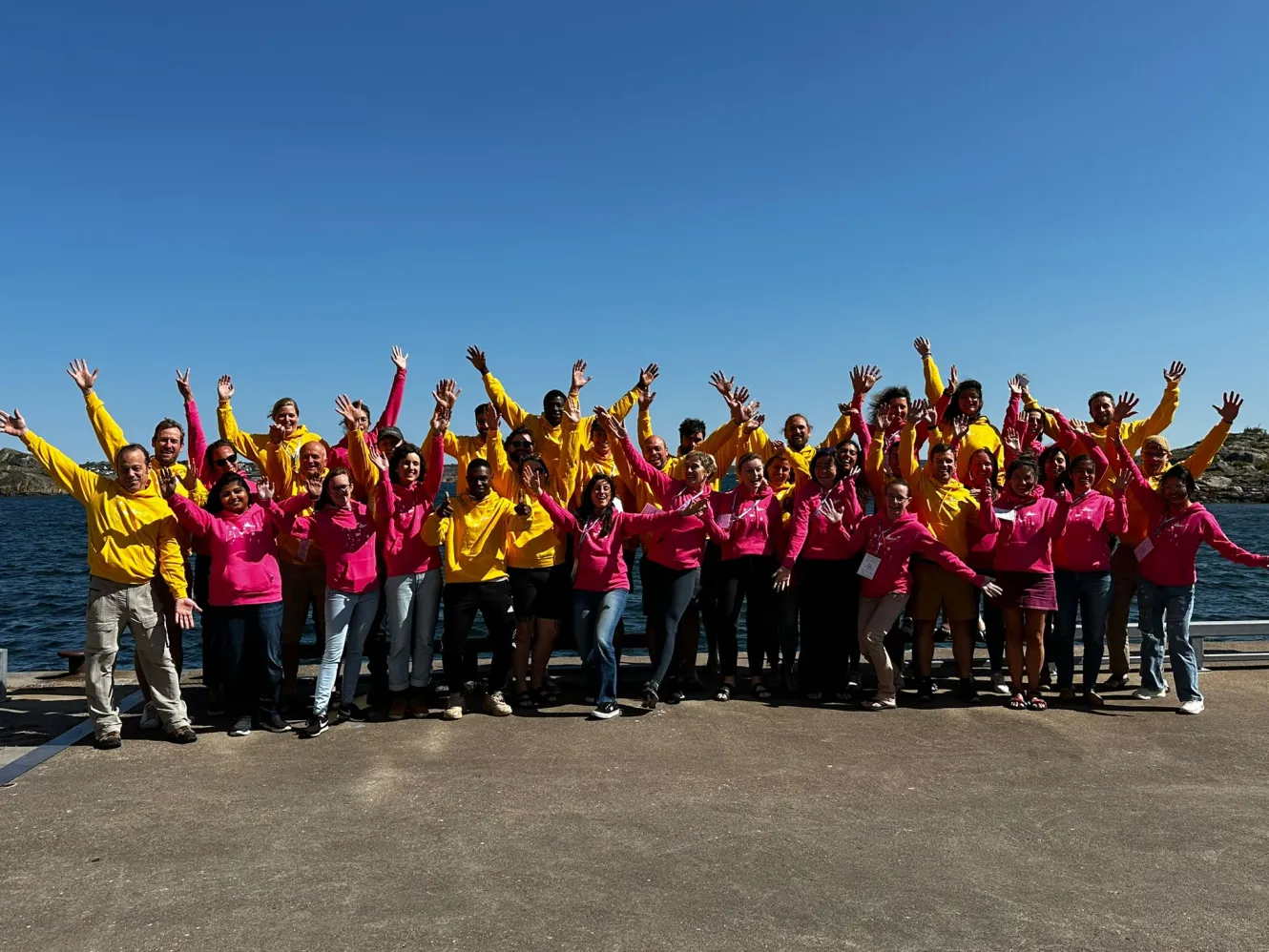
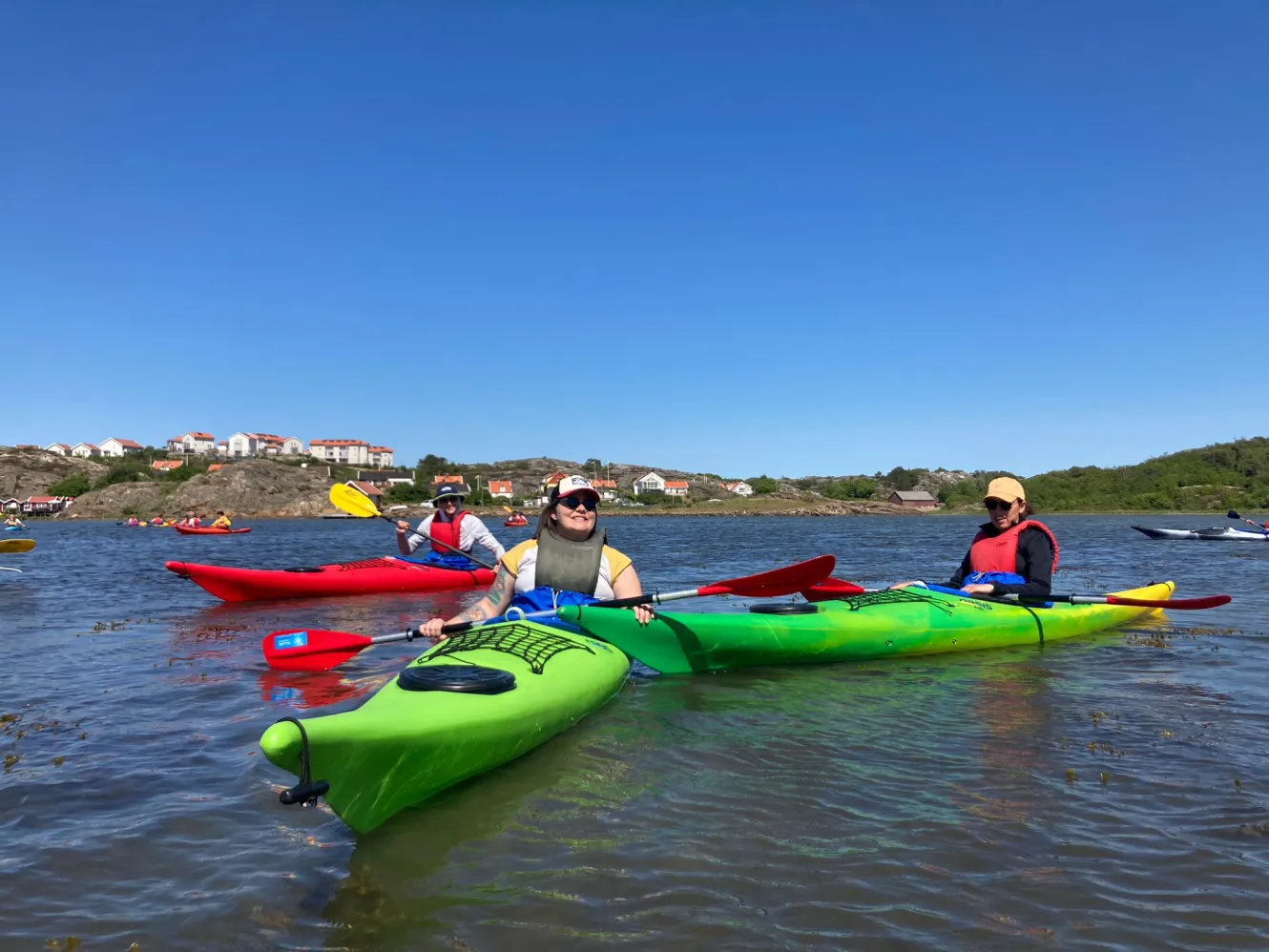
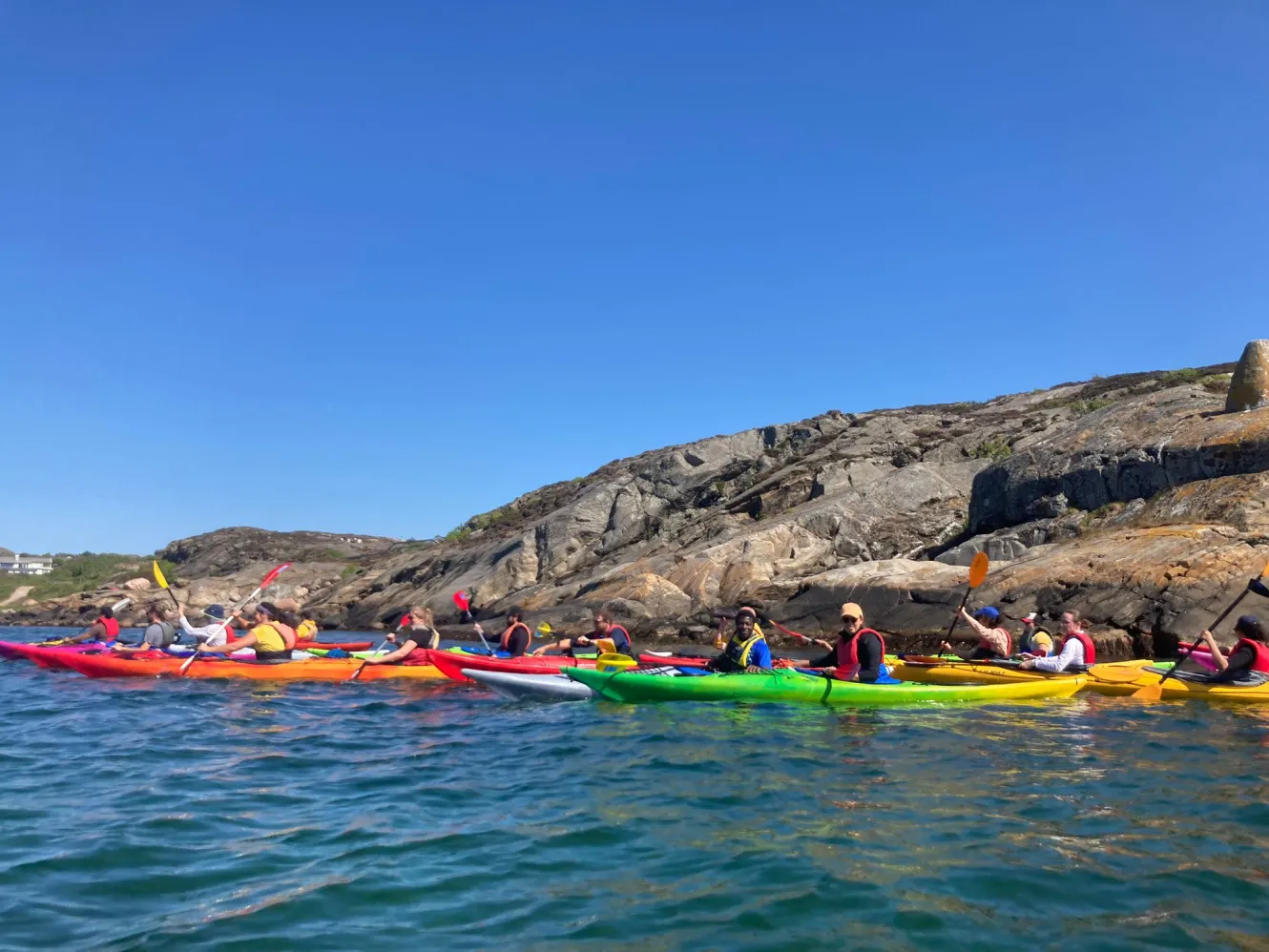
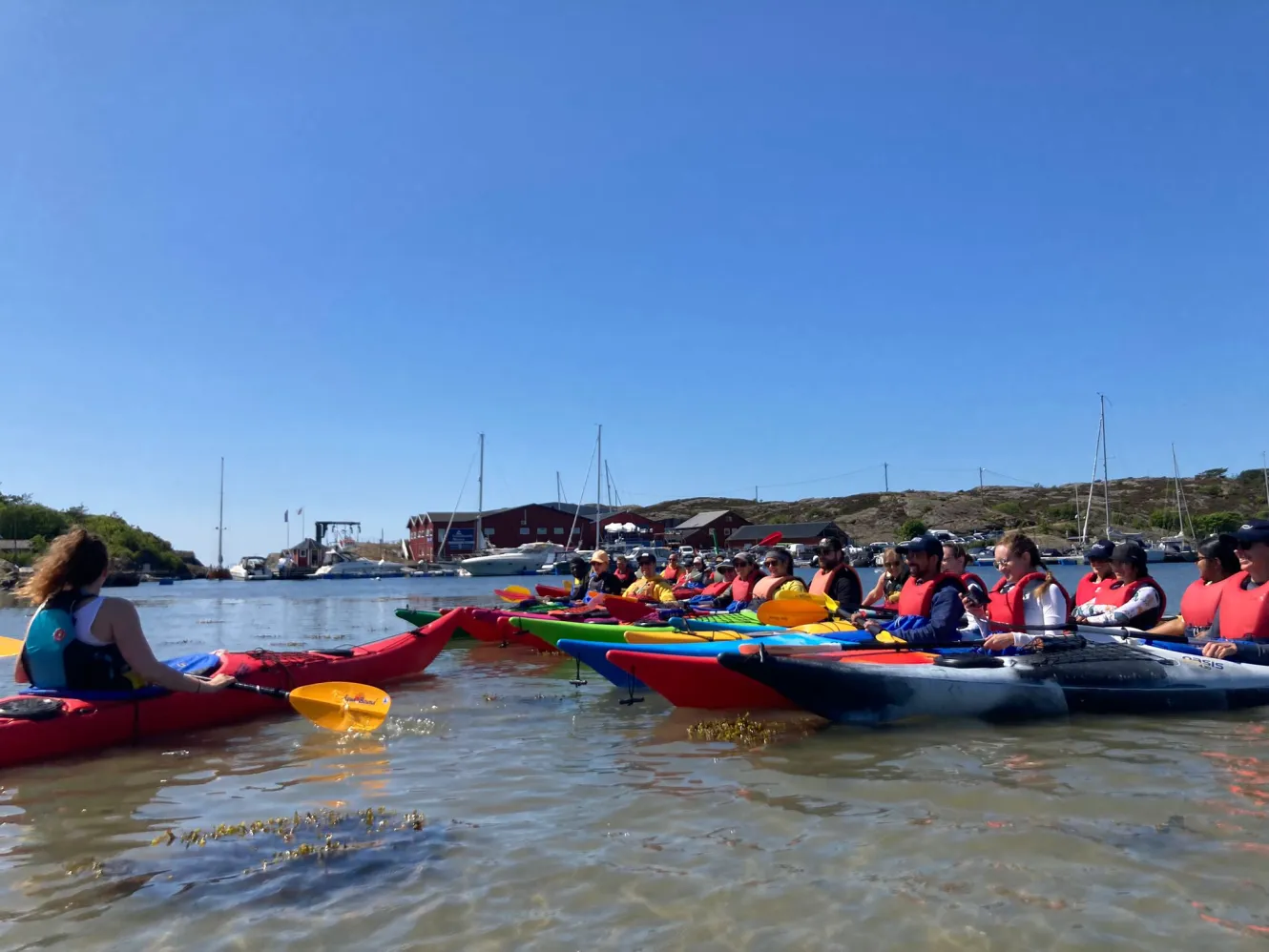
The training course was supported by IOCCP, the Integrated Carbon Observation System Ocean Thematic Centre (ICOS OTC), NOAA Global Ocean Monitoring & Observing, Ocean Frontier Institute, and Carbon to Sea Initiative.
We are indebted to all the amazing course instructors and participants for making this such a successful event. We want to especially acknowledge members of the Organizing Committee who dedicated their time and energy over the past many months of preparations: Daria Atamanchuk (Dalhousie University, Canada), Craig Neill (CSIRO, Australia), Anders Tengberg (Xylem, Norway) and Tobias Steinhoff (NORCE, Norway).
